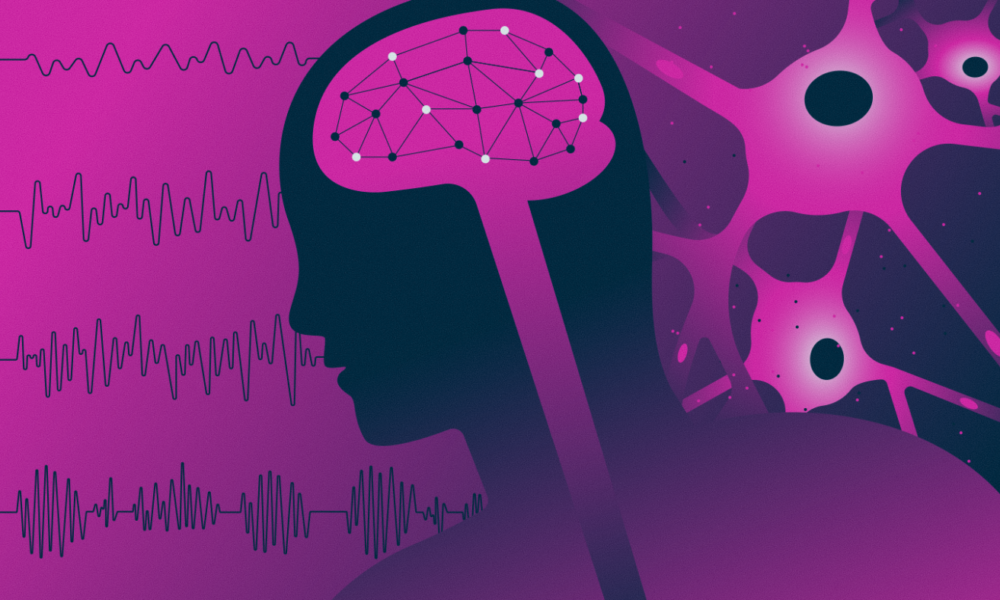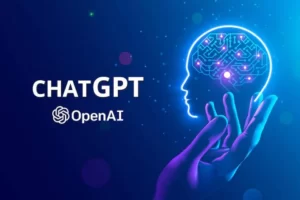The ketogenic diet has gained significant attention as a potential therapy for epilepsy, particularly in individuals who do not respond well to traditional medications. This article aims to explore the reasons why the keto diet is considered beneficial for epilepsy management. We will delve into its underlying mechanisms, discuss important considerations, address frequently asked questions, highlight the pros and cons, and conclude with a final verdict.

Important Points:
- Mechanisms of Action: Understand how the ketogenic diet alters the body’s metabolism, leading to increased ketone production, which may help reduce seizure activity.
- Research Evidence: Explore key studies that have demonstrated the effectiveness of the keto diet in reducing seizure frequency and improving seizure control.
- Types of Epilepsy: Discover which types of epilepsy may respond best to the ketogenic diet and learn about the potential factors influencing treatment outcomes.
- Nutritional Considerations: Gain insights into the macronutrient composition of the keto diet, the importance of adequate micronutrient intake, and the role of medical supervision.
- Monitoring and Adaptation: Learn about the need for regular monitoring, including blood tests and dietary adjustments, to ensure safety and optimal results.

FAQ’s
Is the keto diet safe for children with epilepsy?
The ketogenic diet can be safe and effective for children with epilepsy under medical supervision. It has been successfully used in pediatric epilepsy cases, but it requires careful monitoring and guidance from healthcare professionals to ensure adequate nutrient intake and growth.
How long does it take to see improvements in seizure control on the ketogenic diet?
The timeline for seeing improvements in seizure control can vary among individuals. Some may experience a reduction in seizure frequency within a few weeks, while for others, it may take several months. Close monitoring and adjustments to the diet may be necessary to achieve optimal results.
Can the keto diet be used alongside antiepileptic medications?
Yes, the keto diet can be used alongside antiepileptic medications. In fact, it is often implemented as an adjunctive therapy to enhance seizure control. However, medication adjustments may be needed as the diet progresses, and it should be done under medical supervision.
Are there any potential side effects or risks associated with the keto diet for epilepsy?
Like any therapeutic intervention, the keto diet carries potential risks and side effects. These can include gastrointestinal issues, kidney stones, dyslipidemia, and micronutrient deficiencies. Regular monitoring and working closely with healthcare professionals can help mitigate these risks.
What happens if someone stops following the keto diet?
If someone discontinues the keto diet without a proper plan, there is a risk of seizure recurrence. It is important to gradually transition out of the diet under medical guidance to prevent abrupt changes that could trigger seizures. Healthcare professionals will provide guidance on transitioning back to a regular diet or exploring alternative therapies if needed.
Pro’s:
- Seizure Reduction: Explore how the keto diet has been shown to significantly reduce seizure frequency and intensity in many individuals with epilepsy.
- Medication Reduction: Learn about the potential for reducing the dosage or number of antiepileptic medications, which may lead to fewer side effects.
- Enhanced Quality of Life: Discover how improved seizure control can positively impact cognitive function, mood, and overall quality of life for individuals with epilepsy.
- Applicability to Various Age Groups: Understand how the ketogenic diet can be safely implemented in both children and adults with epilepsy.
- Potential Mechanisms Beyond Seizure Control: Explore emerging research suggesting additional benefits of the keto diet, such as neuroprotective effects and anti-inflammatory properties.

Con’s:
- Strict Dietary Requirements: Discuss the challenges of adhering to a highly restrictive diet, including limited food choices and the need for meticulous meal planning.
- Nutritional Imbalances: Highlight the risk of nutrient deficiencies due to the elimination of certain food groups and the importance of professional nutritional guidance.
- Adverse Reactions: Address potential side effects, such as gastrointestinal issues, kidney stones, and dyslipidemia, which may require close monitoring and management.
- Social and Emotional Impact: Recognize the potential social limitations, emotional strain, and psychological impact of adhering to a strict diet, especially in social settings.
- Long-term Sustainability: Discuss the difficulty of maintaining long-term adherence to the keto diet and the potential for weight regain or dietary monotony.

Thoughts:
The ketogenic diet has emerged as a promising adjunctive therapy for epilepsy, offering potential benefits such as reduced seizure frequency, decreased reliance on medications, and improved quality of life. It has shown particular efficacy in certain types of epilepsy and in individuals who do not respond well to conventional treatments. However, the strict dietary requirements, potential nutrient imbalances, and associated challenges make it essential for patients to work closely with healthcare professionals, including dietitians and neurologists, to ensure safety and optimize outcomes
While the keto diet has demonstrated remarkable success in managing epilepsy, it may not be suitable for everyone. Individuals considering this dietary approach should weigh the pros and cons carefully and take into account their specific circumstances, including medical history, lifestyle, and personal preferences. It is crucial to consult with a healthcare provider before starting the diet to ensure it is appropriate and to receive proper guidance throughout the process.
Furthermore, ongoing monitoring is essential to track the effectiveness of the keto diet and make necessary adjustments. Regular medical check-ups, blood tests, and nutritional assessments can help identify and address any potential issues promptly.

Conclusion:
In conclusion, the ketogenic diet offers a valuable option for epilepsy management, especially for those who have not responded well to other treatments. Its ability to reduce seizure frequency and improve overall quality of life has been supported by scientific evidence. However, the diet’s strict requirements, potential side effects, and long-term sustainability should be carefully considered. The decision to embark on a keto diet for epilepsy should be made in consultation with healthcare professionals to ensure safety, efficacy, and ongoing support. By working closely with a knowledgeable healthcare team, individuals with epilepsy can make informed decisions and potentially find relief and better seizure control through the implementation of the ketogenic diet.
The Keto Diet: A Promising Alternative for Seizure Control in Epilepsy












No Comment! Be the first one.